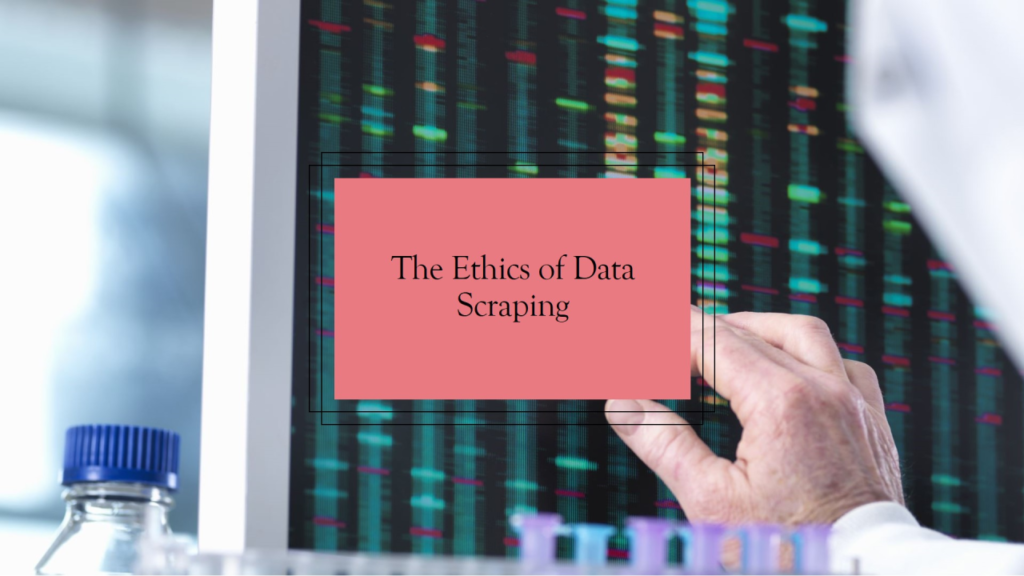Introduction: Why Ethical Data Scraping Matters
Imagine your personal data being used without your consent—this is the ethical dilemma at the heart of data scraping. As businesses increasingly rely on scraping to gather insights, concerns over privacy, copyright, and consent have surged. When done unethically, data scraping can harm individuals, erode trust, and spark legal disputes.
What Is Data Scraping?
Data scraping uses automated tools to extract information from websites. It’s a common practice for gathering competitor pricing, market research, or public data. While the process itself is neutral, the ethical and legal context defines its acceptability.
Ethical Challenges
Three main ethical concerns define data scraping:
- Consent: Scraping without permission can feel invasive, even when data is public.
- Copyright: Extracting copyrighted content, like articles or images, without proper attribution breaches intellectual property laws.
- Privacy: Bulk scraping of seemingly public data, like social media profiles, can violate privacy. The Cambridge Analytica scandal highlighted how such misuse can erode trust.
Legal Landscape
The legal status of data scraping varies. In the U.S., the Computer Fraud and Abuse Act (CFAA) prohibits unauthorized access, while cases like LinkedIn vs. hiQ Labs emphasize the importance of respecting terms of service. In the EU, the General Data Protection Regulation (GDPR) requires informed consent when handling personal data, including scraped information.
Best Practices for Ethical Data Scraping
To scrape responsibly, follow these guidelines:
- Seek Permission: Check and adhere to terms of service.
- Respect Privacy: Avoid collecting sensitive or personal data.
- Credit Sources: Attribute content to original creators.
- Limit Usage: Scrape only the data you truly need.
- Leverage APIs: Use official APIs that offer controlled, ethical access to data.
Conclusion: Why Ethical Scraping Matters
Ethical data scraping isn’t just about avoiding legal risks—it’s about fostering trust and respecting privacy. By prioritizing transparency and consent, businesses can leverage data responsibly, ensuring that innovation benefits everyone. The real question is not whether data can be scraped, but whether it should be.
